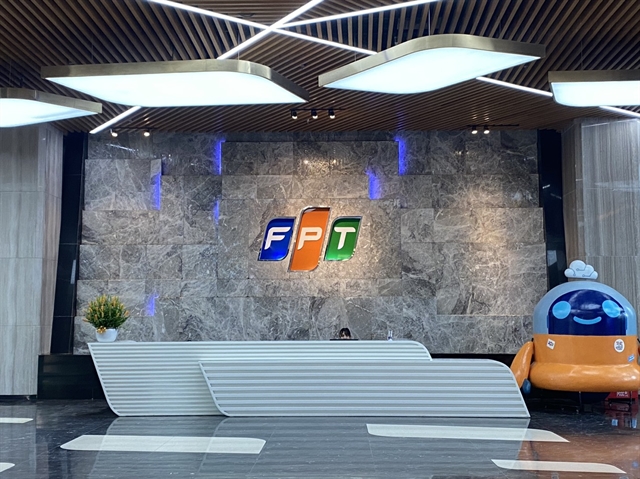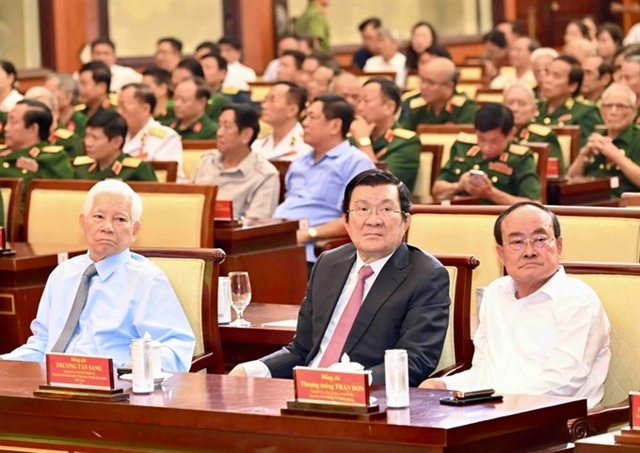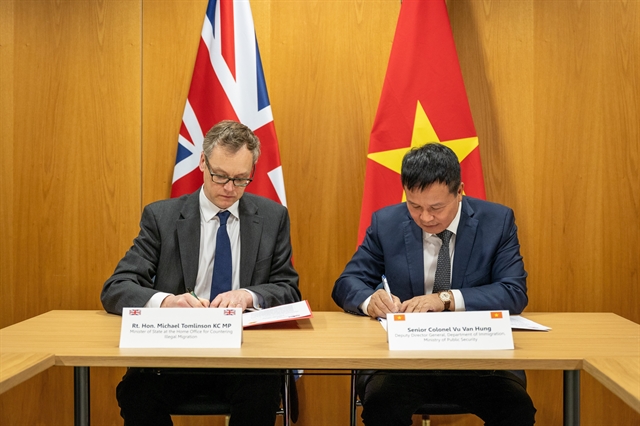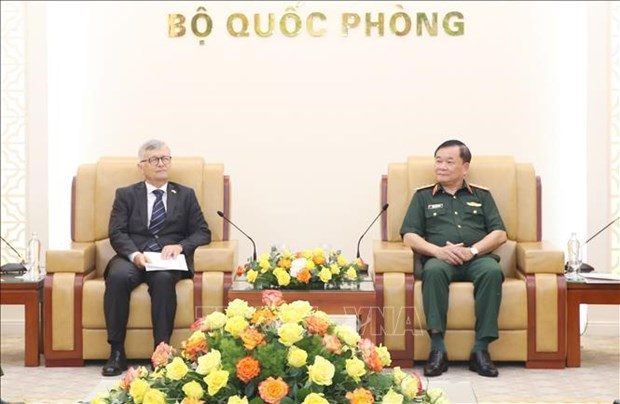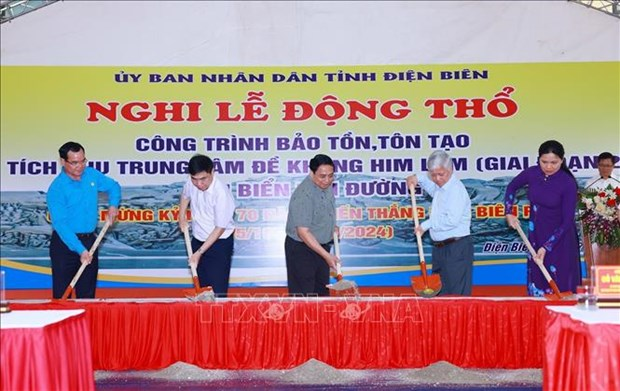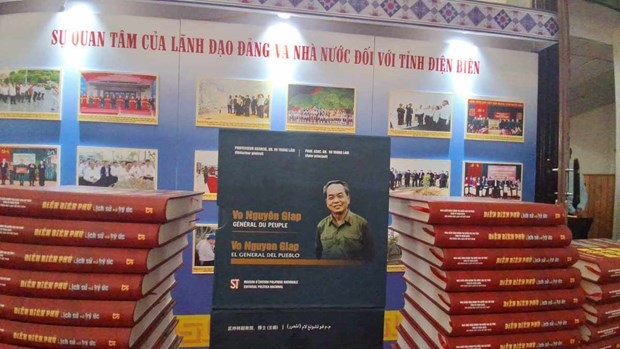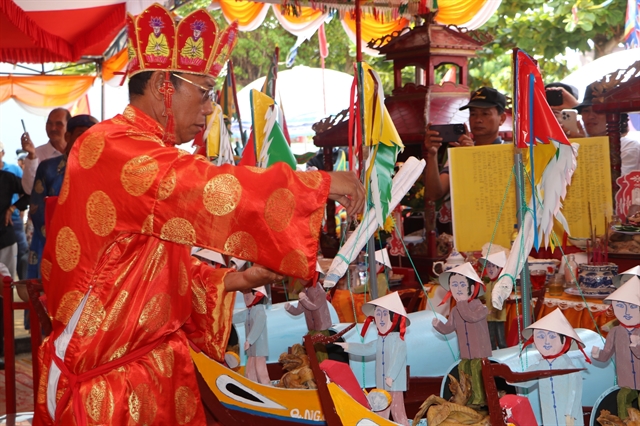 Society
Society
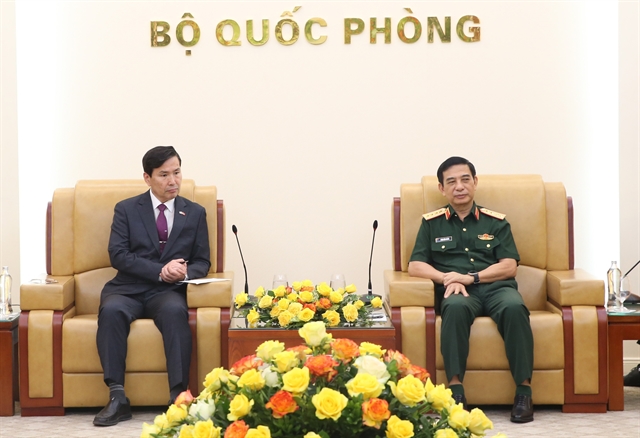
Susan Hammond, an American, first set foot in Việt
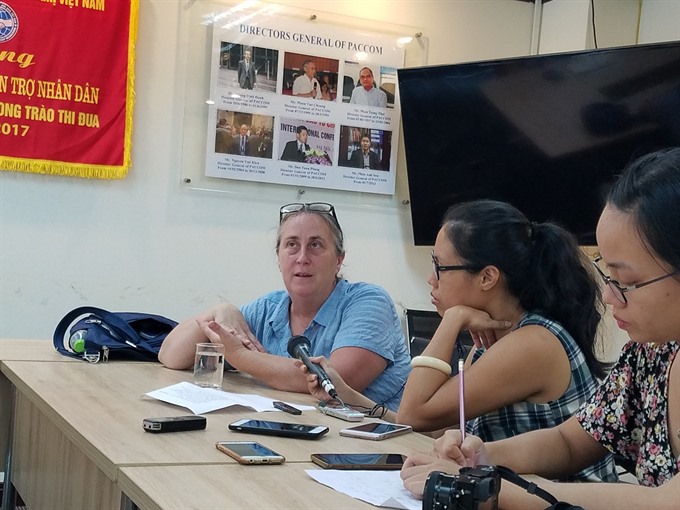 |
| Susan Hammond in an interview with a Vietnam News Agency reporter. — VNA/VNS Photo Thu Phương |
HÀ NỘI — Susan Hammond, an American, first set foot in Việt
At that time, she knew about the S-shaped country only through the stories of her father, who was a construction engineer of the
On that first trip,
“One of the reasons I came here is because of my father. I also want to get to know more about impacts of the war on Việt
But her strong ties to the country did not really start until 1996, when she came back to learn Vietnamese after earning her MA in International Education from
She had a chance to meet Major General Nguyễn Đôn Tự and his two daughters. The younger girl, born after the war, suffered from cerebral palsy as a consequence of Agent Orange.
By contrast, his first daughter, studying at a university in the
At the same time in the
The contrast between the girls born before and after the war, along with her father’s state of health, made her recognise that the legacy of the war was still visible and terribly damaging, though the conflict ended dozens of years ago.
Since 1996, she has been involved in assisting victims of Agent Orange in Việt
In 2006, she founded the War Legacies Project, which works to address the long-term health and environmental consequences of Agent Orange and other herbicides used in the Việt Nam War.
During more than twenty years since 1996, many
In central Quảng Nam Province, for example, the local Red Cross and Hammond’s organisation have helped 350 families with disabled children repair their houses and access loans or animals to breed for their livelihoods. The project’s funds were also sourced from the family and friends of Bob Feldman, a
To date, Bob Feldman’s fund has provided more than US$250,000 for 50 families in the central provinces of Quảng
Moving and inspiring stories
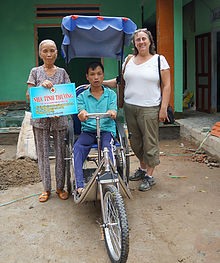 |
| Susan Hammond (right) in one of her projects helping Agent Orange victims in Việt Nam. — Photo warlegaciesproject.org |
One day in 2007, Susan met two brothers in their 20s from Đồng
Instead of going to school or work like people of their age, Phú and Phi could do nothing but stay at home.
When they were small children, their mother put them on her shoulders to take them to school. Now she wished they could walk by themselves.
To make their dream come true, the War Legacies Project presented them with wheelchairs. For the first time in their life, they could walk on their own.
“In a letter written by them and sent to me, they said that this was the most amazing thing to both of them,” Susan said.
“Imagine that every day you can go to school or work by yourself. For them, it took 20 years to make it happen. Such a simple but meaningful thing to the brothers,” she said.
“They taught me the lesson of treasuring what we have and inspired me with their own courage. The first thing coming to my mind when thinking about your country is love for life by people living on the edge of happiness like them,” she said.
On the journey to heal the war pains, Susan has met and listened to numerous touching stories of Agent Orange victims’ families.
During a field trip to the mountainous district of Hiệp Đức in
“I need a small plastic stool to sit in front of my house to fix bikes,” the father answered.
“A stool worth only $1 and some other bike fixing devices help him earn a living to take care of his children. I was surprised at the answer,” she said.
“But I came to realise that the smallest things can make big changes to Agent Orange victims,” she said.
Stories like that fuel her belief in the meaningful work she and her colleagues have done for the disadvantaged.
Not only directly supporting victims and their families,
She has made documentaries and written books and news articles about the effects of Agent Orange. She also maintains data on Agent Orange at agentorangerecord.com which records 35,000 visits from the
“Agent Orange victims not only need support for themselves but also someone willing to sympathise with their pains,” she said.
“The first reason I came to Việt

